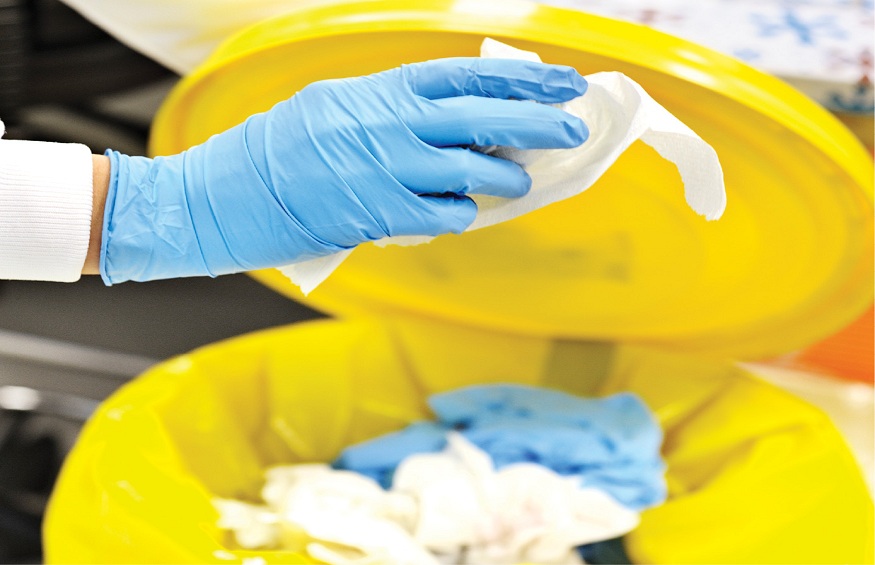
Clinical waste is not the same as ordinary waste that you dispose of in bins in everyday life. It is bio-hazardous in nature and poses risks to the community if contaminated with pathogens and carriers of infection. No matter how small or big, medical units must ensure this waste is disposed of safely and properly.
Companies dealing with clinical waste disposal have special containers and staff to manage the whole process seamlessly. They need stringent laws and rules pertaining to the disposal of clinical waste in the region. Moreover, the companies have an onus to protect their staff that deal with the day-to-day process of waste disposal so that they do not fall prey to any dangerous disease or infection.
What are the types of clinical waste?
Now the question is, what is clinical waste and how does it differ from the other forms of waste? Clinical waste comprises contaminated or used sharps, laboratory waste, human and animal tissues, dressings, and infectious materials like, for instance, the coronavirus, Ebola virus, etc. This type of waste needs to be managed by professional companies that adhere to all the rules and laws pertaining to the disposal of such waste for the safety of the community.
The following are the types of clinical waste-
Human tissue besides teeth, nails, and hair.
Blood or body fluids.
Laboratory cultures or specimens.
Visibly blood-stained materials, equipment, and body fluids.
Animal tissue, animal waste, or carcasses that have been used for medical research.
This type of waste must be collected, packaged, and managed under strictly controlled conditions, and it should never be disposed of with other waste products from the hospital. In fact, there are legal regulations that cover every phase of the collection and management process of clinical waste.
Who produces clinical waste?
Clinical waste covers any sort of waste that poses risks of human or animal infection, and it is generally produced by-
Blood collection for transfusion.
Treatment, care, investigation, research, or teaching.
Nursing, medical, dental, pharmaceutical, veterinary, and other similar practices.
It is important to separate clinical waste from non-clinical waste. If the medical unit produces clinical waste, it should assess the type of materials that pose risks or hazards before it is segregated. This waste needs to be disposed of correctly with the help of a licensed clinical waste disposal company or carrier.
The need to contact experts
If you are a producer of clinical waste on a daily basis, it is imperative for you to call in experts in the field to manage the clinical waste disposal process for you safely. There are several credible and reliable companies when it comes to the disposal of this waste safely in the community.
Clinical waste is very dangerous as it can cause cuts and injuries by the needle stick. It can transmit infection and disease. If it is handled incorrectly, this waste is hazardous to people in the medical workplace, its cleaners, handlers of waste products, and the general public at large.

